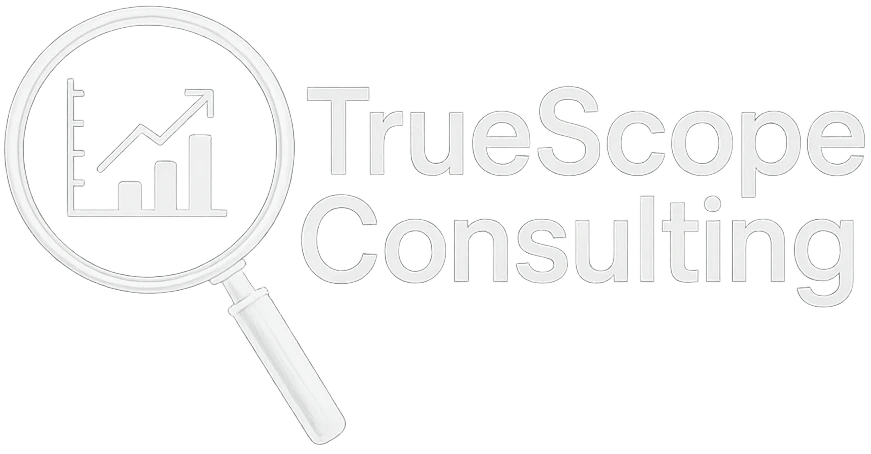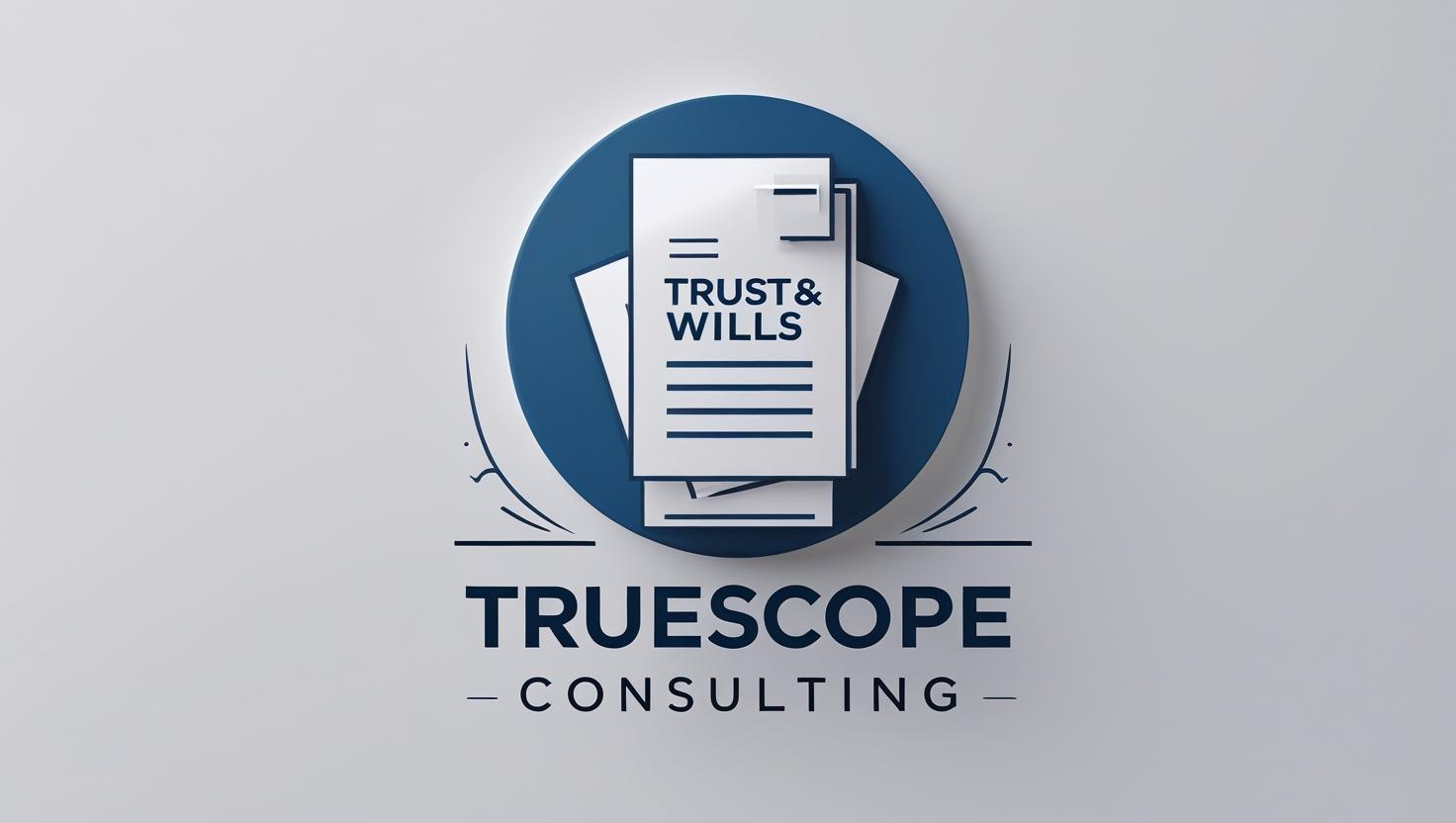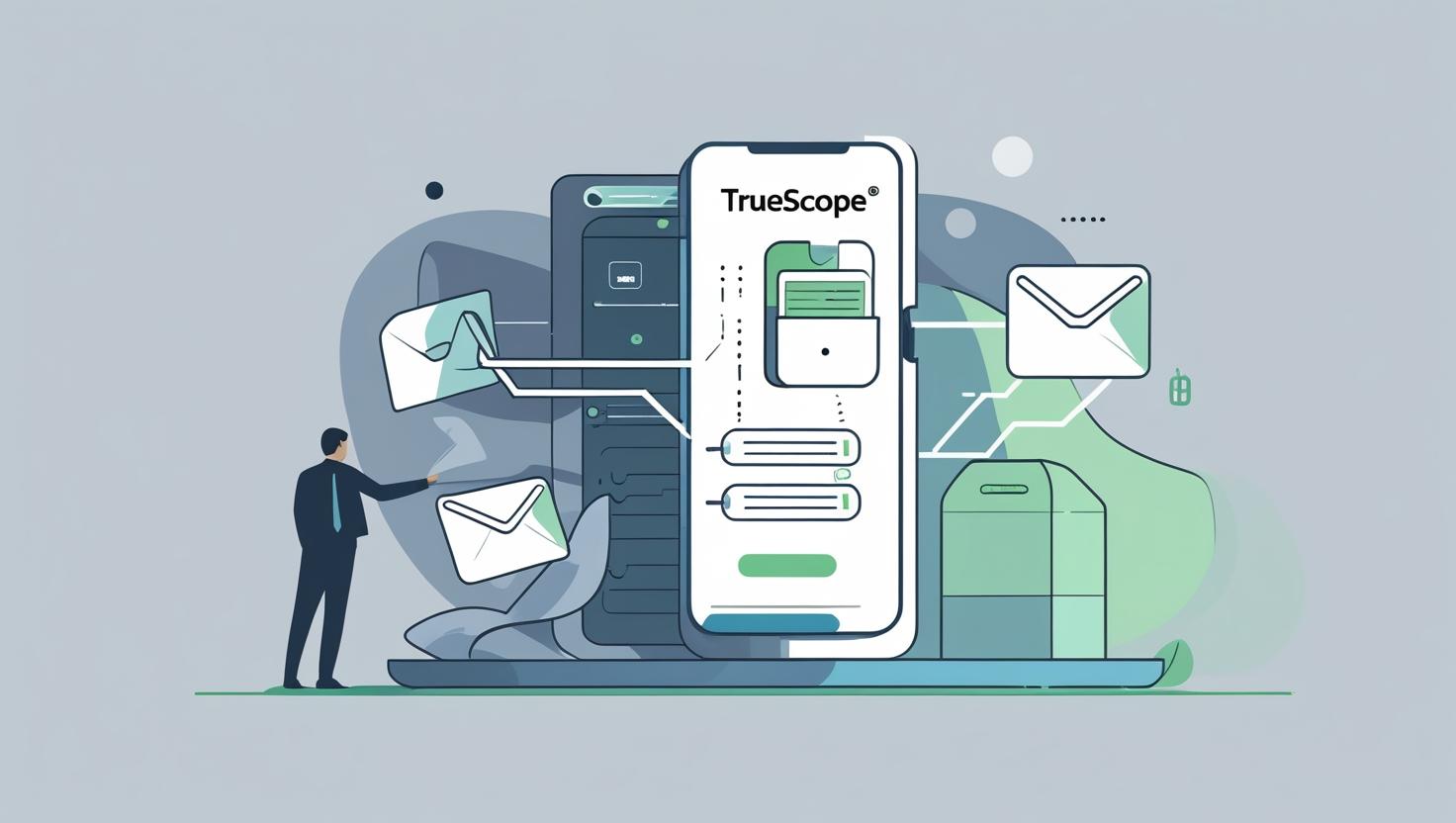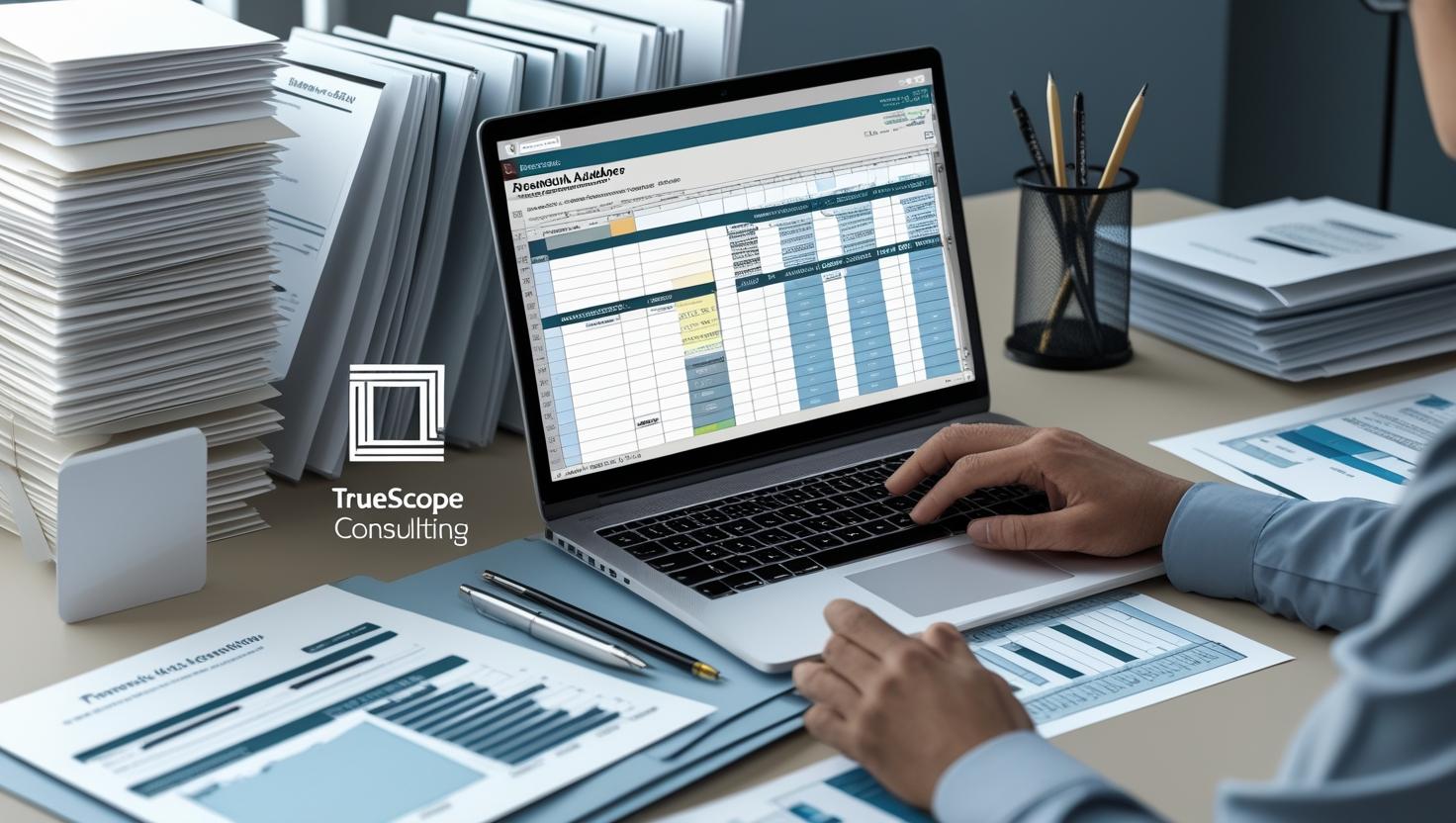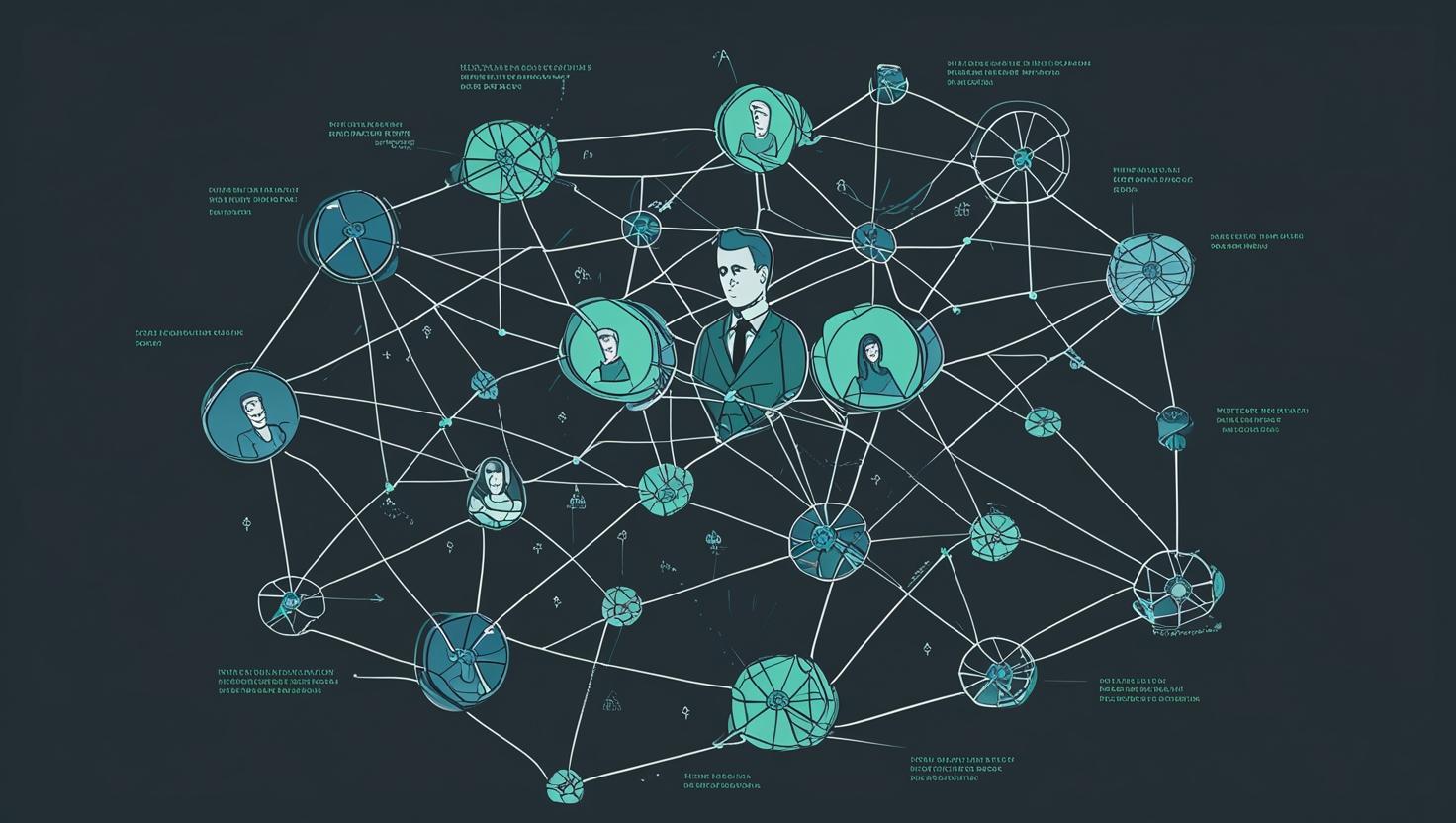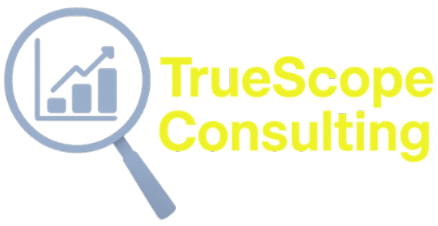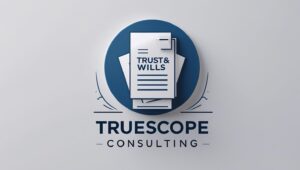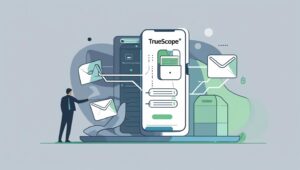How Forensic Accountants Help Attorneys and Corporations
Introduction
Forensic accounting is crucial in uncovering financial wrongdoing across legal, corporate, and personal disputes. This article outlines five key ways a forensic accountant can assist attorneys and corporate clients in exposing the truth, mitigating risk, and building strong cases when fraud is suspected.
1. Tracing Concealed Assets in Disputes
Forensic accountants are skilled at uncovering hidden funds and tracing assets through complex financial structures. This includes:
- Detecting concealed bank accounts in high-net-worth divorces
- Identifying undisclosed transfers to relatives in estate contests
- Uncovering off-book accounts in partnership disputes
By following intricate money trails, they expose deliberate omissions and fraudulent conveyances, ensuring all assets are accounted for during litigation.
2. Strengthening Legal Arguments with Evidence
Forensic accounting experts provide detailed analyses, written reports, and courtroom testimony that clarify complex financial findings. Their objective investigations often form the foundation of:
- Fraud claims
- Breach of fiduciary duty lawsuits
- Shareholder disputes
For example, in a corporate fraud case, a forensic report might clearly show how and where embezzled funds were diverted. This evidence strengthens legal arguments and withstands opposing scrutiny.
3. Investigating Corporate Embezzlement and Financial Crime
Businesses hire forensic accountants to uncover internal fraud schemes. These experts analyze accounting records to detect:
- Falsified expense reports
- Ghost vendor payments
- Inventory shrinkage
- Revenue manipulation
They quantify losses and provide evidence for civil recovery or criminal prosecution, protecting a company’s integrity and enabling legal action against perpetrators.
4. Collaborating with Government and Law Enforcement
Forensic accountants often support prosecutors and regulatory bodies in complex white-collar crime cases. Their skills are critical in investigations of:
- Ponzi schemes
- Securities fraud
- Corruption and insider trading
By interpreting complex ledgers and financial transactions, they bridge the gap between raw financial data and legal standards of proof, contributing to successful indictments and regulatory enforcement.
5. Conducting Preventive Audits and Compliance Monitoring
Forensic accountants also help prevent fraud through proactive services. These include:
- Fraud risk assessments
- Preventive audits
- Internal control reviews
Their evaluations identify vulnerabilities and ensure compliance with anti-money laundering regulations and other standards. By strengthening processes, forensic accountants reduce fraud risk and demonstrate organizational diligence.
Conclusion
Whether serving as litigation experts or internal investigators, forensic accountants bring clarity to high-stakes financial situations. They combine accounting expertise with investigative methods to uncover hidden wrongdoing. TrueScope Consulting provides credentialed forensic accountants who support attorneys, corporations, and government agencies nationwide. From asset tracing to courtroom support and compliance reviews, forensic accountants play a vital role in resolving financial disputes and protecting organizations from fraud.
